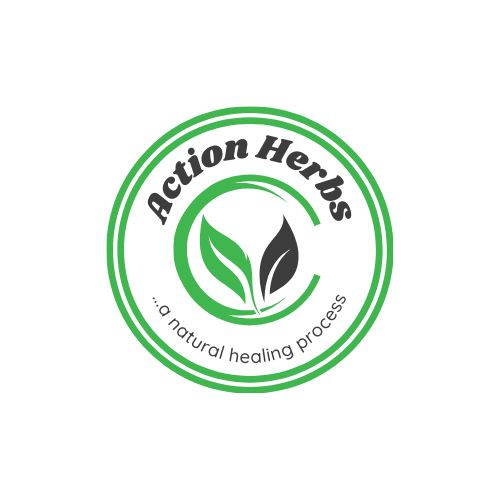The Benefits of Echinacea and Complementary Herbs
Echinacea, commonly known as coneflower, is a popular herb often used for its immune-boosting properties. Native to North America, it has been traditionally used by Native American tribes to treat infections and wounds. Today, echinacea is widely used to prevent and treat the common cold, flu, and respiratory infections, but its benefits go far beyond that. Complementing echinacea with other herbs can further enhance its effects, promoting overall health and wellness.
Benefits of Echinacea
- Boosts Immune System
Echinacea is most renowned for its ability to enhance the immune system. Research suggests that echinacea helps increase the production of white blood cells, essential for fighting infections. It is often taken at the onset of colds or flu to reduce the severity and duration of symptoms.
- Reduces Inflammation
Echinacea has anti-inflammatory properties that can help alleviate pain and swelling. It’s particularly effective for reducing symptoms associated with conditions like arthritis and other inflammatory disorders.
- Rich in Antioxidants
The antioxidants found in echinacea, such as flavonoids and rosmarinic acid, help neutralize free radicals in the body. This reduces oxidative stress, which can lead to chronic diseases like cancer and heart disease.
- Promotes Skin Health
Echinacea can also be used topically to promote wound healing and reduce skin irritation. It has been used to treat conditions such as eczema and psoriasis.
- Antiviral and Antibacterial Properties
Some studies suggest that echinacea may have antiviral and antibacterial effects, effectively fighting respiratory infections and other bacterial or viral illnesses.
Complementary Herbs to Enhance Echinacea’s Benefits
Pairing echinacea with complementary herbs can create a synergistic effect, further enhancing its effects and improving overall health.
- Ginger
Ginger is a powerful anti-inflammatory herb that works well with echinacea to relieve pain and inflammation. It also has strong antioxidant properties and is particularly effective at soothing nausea and boosting digestion. Together, echinacea and ginger can help reduce cold and flu symptoms while promoting faster recovery.
- Elderberry
Elderberry is another herb often used to support the immune system, particularly in treating colds, flu, and sinus infections. It contains antioxidants like anthocyanins, which work alongside echinacea to fight off infections and reduce inflammation. Elderberry syrup is commonly taken with echinacea to provide a double boost to the immune system.
- Garlic
Garlic has long been used for its antimicrobial and immune-boosting properties. Like echinacea, garlic helps ward off colds and flu and has been shown to lower blood pressure and reduce the risk of cardiovascular diseases. Garlic and echinacea can enhance the body’s ability to fend off bacterial and viral infections.
- Goldenseal
Goldenseal is often combined with echinacea in herbal remedies for treating upper respiratory infections, sinusitis, and sore throats. It contains berberine, which has strong antimicrobial properties and helps the body fight infections. Goldenseal works well in tandem with echinacea to improve the effectiveness of immune responses.
- Turmeric
Turmeric is well-known for its anti-inflammatory and antioxidant properties, mainly due to its active compound, curcumin. Combining turmeric with echinacea can enhance the anti-inflammatory effects, making it a powerful remedy for pain relief and immune support.
- Licorice Root
Licorice root is often used to support respiratory health and digestion. Its antiviral and anti-inflammatory properties make it an ideal companion to echinacea for treating colds, flu, and bronchial infections. These herbs can help soothe sore throats, reduce coughs, and clear up respiratory congestion when used together.
Conclusion
Echinacea offers many health benefits, from boosting the immune system to reducing inflammation and promoting skin health. When combined with complementary herbs like ginger, elderberry, garlic, goldenseal, turmeric, and licorice root, the effects of echinacea are amplified, providing a holistic approach to improving overall health. However, it's essential to consult with a healthcare provider before using these herbs, especially if you're on medication or have underlying health conditions.
Herbal remedies can be powerful allies in maintaining wellness, but they should be used responsibly to ensure their safe and effective use.
